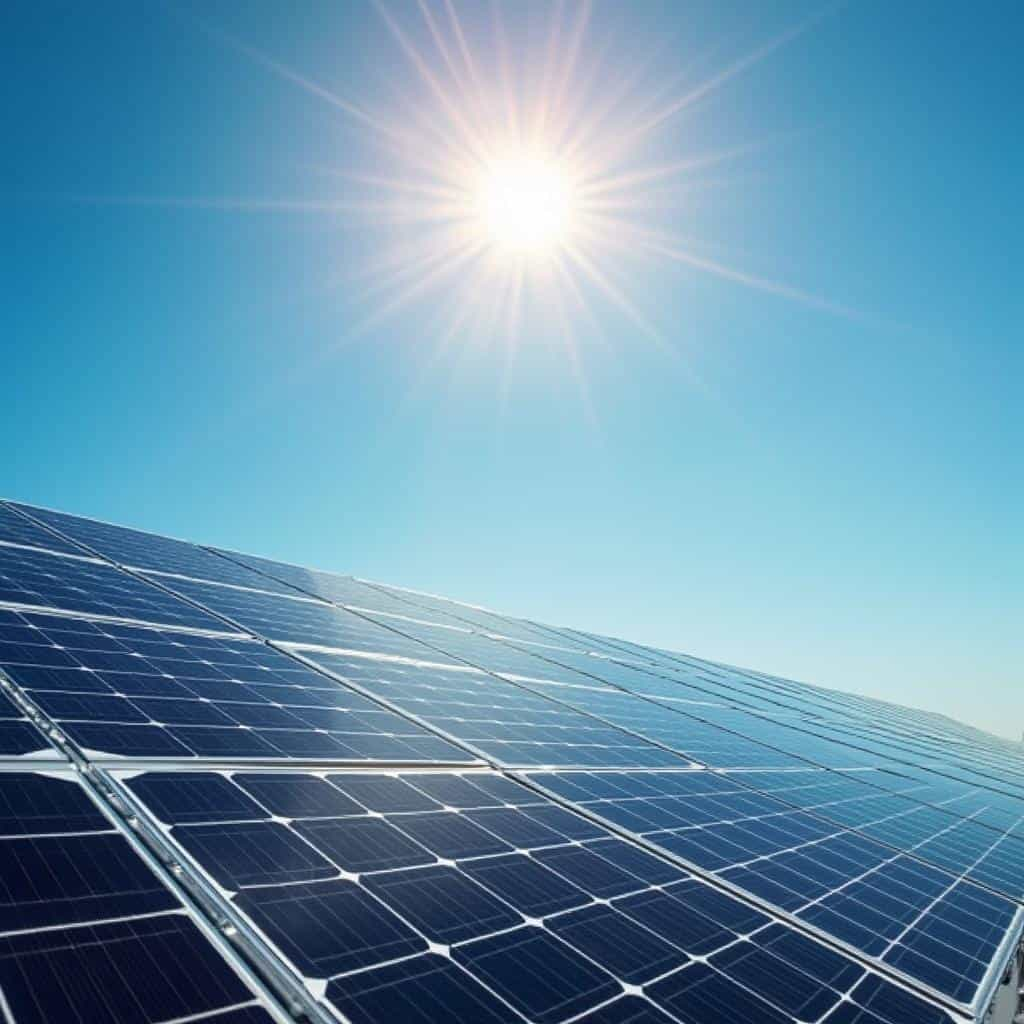The transition to renewable energy sources is more crucial than ever as global concerns about climate change and environmental degradation continue to rise. Among the various green energy technologies, photovoltaic panels, which convert sunlight into electricity, stand out for their efficacy and growing affordability. As individuals and corporations seek to reduce their carbon footprints, the demand for solar energy solutions has soared, prompting innovations and competitive market offerings.
At its core, photovoltaic technology involves the conversion of sunlight into electricity using semiconducting materials that display the photovoltaic effect. This discovery, first noted in 1839 by French physicist Alexandre Edmond Becquerel, has since evolved into a multi-billion dollar industry. Over the years, advancements in manufacturing have significantly reduced the cost of photovoltaic panels, making them an accessible option for homeowners and businesses alike.
There are several types of photovoltaic panels on the market, including monocrystalline, polycrystalline, and thin-film. Monocrystalline panels are known for their high efficiency and sleek appearance, though they typically come at a higher cost. Polycrystalline panels, while slightly less efficient, are more affordable and have gained popularity. Thin-film technology offers the advantage of flexibility and lower costs but often requires more space for installation to achieve the same energy output as crystalline panels.
One of the significant advantages of photovoltaic panels is their ability to generate electricity without emitting greenhouse gases—a critical consideration as the world grapples with climate change. Moreover, solar panels can significantly reduce electricity bills. In sunny regions, the savings can be substantial, eventually covering the initial investment in a matter of years. Systems equipped with battery storage can even offer power security during outages, an increasingly attractive feature in areas prone to severe weather.
Despite these benefits, there are notable challenges associated with solar technology. The upfront cost remains a barrier for many, although this can be mitigated by government incentives and financing options. Maintenance, though minimal, does require periodic cleaning and occasional servicing to ensure optimal performance. Additionally, solar panels are weather-dependent, which can affect their efficiency in regions with limited sunlight.
Geographically, the cost-effectiveness of photovoltaic installations can vary significantly. In the United States, for instance, solar energy is particularly viable in states like California, Arizona, and Nevada, where abundant sunshine and supportive policies have fostered a thriving solar market. In Europe, countries like Germany and Spain have led the charge due to favorable regulations and sunlight access. Southeast Asia, thanks to its tropical climate, is also emerging as a solar powerhouse, with countries like India and China investing heavily in solar infrastructure.
When selecting solar panels, consumers should consider several factors beyond initial cost. Efficiency ratings, warranty terms, and company reputations are crucial in ensuring long-term satisfaction. Brands like SunPower, LG, and Panasonic are renowned for their high efficiency and durability, though they may come with a premium price tag. Conversely, companies like Canadian Solar and JinkoSolar offer more budget-friendly options without significantly compromising on quality.
For cost-conscious consumers, bulk buying and community solar programs present attractive options. Many suppliers provide discounts for larger purchases, while community solar initiatives allow multiple households to share the benefits of a single, large installation. Such innovations not only reduce individual costs but also foster a sense of community involvement in the green energy transition.
In terms of maintenance, experts like Dr. Laura Nelson, a renewable energy specialist, emphasize the importance of regular inspections. ‘The longevity and efficiency of your solar panels depend largely on how well you maintain them,’ she notes, recommending semi-annual cleanings and checks to ensure electrical connections remain secure.
Looking ahead, the photovoltaic industry is poised for further advancements. Researchers are exploring novel materials, such as perovskites, which promise increased efficiencies at lower costs. Additionally, with the advent of smart technology, solar panels are becoming increasingly integrated with home automation systems, allowing users to optimize energy usage like never before.
You may also like
Green Energy Charging Stations: Costs and Advantages
As the world moves towards greener energy solutions, charging stations for electric vehicles (EVs) play a critical role. This article explores the various proposals, costs, and advantages of these installations, focusing on different geographical areas. It also compares options to guide users in selecting the best market offers.
Mobile telephone tariff plans for private individuals
Mobile tariff plans for private individuals are available in different solutions, depending on the needs of individual users. Typically, the solutions are divided into monthly subscriptions or pay-as-you-go plans, i.e. with variable costs based on the amount of traffic. Monthly subscription In the case of monthly subscriptions, users can have a package of call minutes,… Continue reading Mobile telephone tariff plans for private individuals
Internet Business: fast and flexible
The Internet has become an indispensable tool for businesses. Thanks to the internet, companies can reach their customers faster and more effectively, increase the visibility of their brand and improve their online reputation. The main opportunities offered by the use of the internet for companies include: There are several internet contract options for businesses. Here… Continue reading Internet Business: fast and flexible
Business telephone rates: advantages and services
Business telephone rates differ from rates for private customers due to the greater complexity of the communication needs that companies have. There are different types of business telephone rates depending on the needs of the company, such as: Business telephone rates typically also include additional services, including: Business telephone rates can be purchased directly from… Continue reading Business telephone rates: advantages and services
Internet for private individuals: services and connection speed
The internet subscription for private individuals is a type of contract that allows you to have a stable and fast internet connection at home. There are different types of subscriptions, which differ based on connection speed, geographical coverage, the type of technology used (optical fibre, ADSL, VDSL), the price and any offers linked to the… Continue reading Internet for private individuals: services and connection speed
